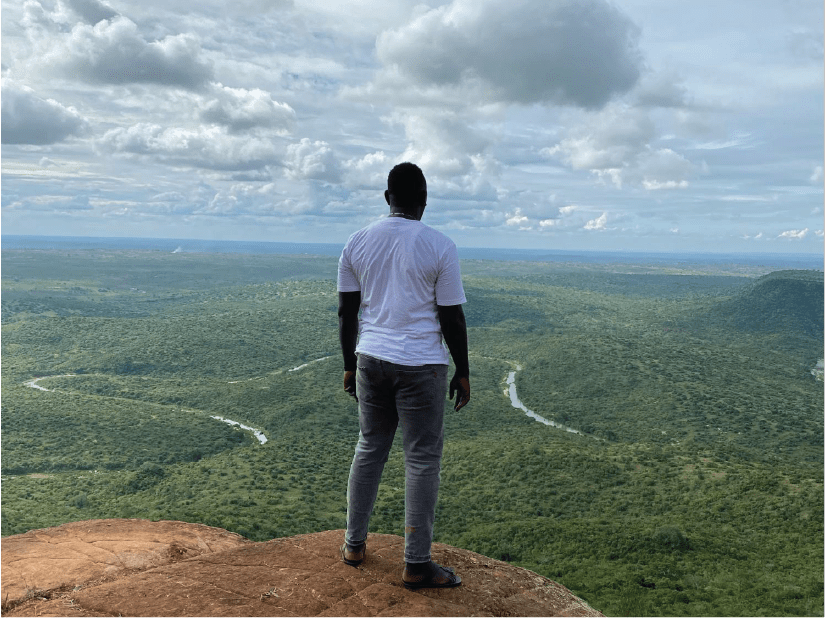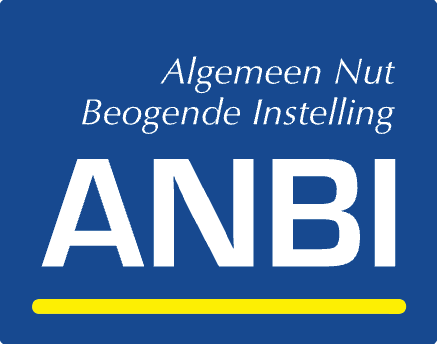A Blog by Oliver
As June approached, the LGBTQ+ community in many parts of the world where diversity and being open and queer are celebrated, there are also countries where being who you are makes it all the more reason to remain in the shadows. I am among them, a young queer man named Oliver living in Kenya. As Pride month is well underway, I found myself grappling with a range of emotions - fear, uncertainty and Pride - for whatever that means for communities that still hide.
In Kenya, the LGBTQ+ community live in a very difficult and different environment. New laws threaten our very existence, making it dangerous to acknowledge our identities openly. The anti-gender movement is gaining momentum, seeking to erase our identities and silence our voices, casting a shadow over our rights to freedom, equality, and justice. Despite the challenges, I am still determined to celebrate Pride in my own way, somewhere, somehow. We can’t let this cast a long shadow over our rights to freedom, equality, and justice.
Pride is a complex and deeply personal choice that reminds me of the difficult decisions I had to make to embrace, love, and take chances for myself and others. Celebrating Pride in an unstable environment like today can feel tedious and comes with heightened vigilance and anxiety. The fear of being outed or targeted for our sexual orientation or gender identity looms large in a society where acceptance is far from universal. Pride can feel like a dangerous act of defiance.
The criminalisation of the existence of queer people puts a huge strain on our daily lives, from the home, workplace, community and social spaces. Our access to healthcare for HIV sexual reproductive health services hangs in the balance and is often hindered by stigma and discrimination. We do not feel safe in accessing these life-saving services.
Many countries that criminalise the LGBTQ+ community fail to recognise the intersection between LGBTQ+ rights and a country’s HIV response. When countries uphold the dignity and equality of queer individuals, they not only foster a more inclusive society but also strengthen their HIV response, leading to better health outcomes for all.
Although we cannot have parades, rainbow flags, and joyous gatherings, we continue to celebrate the chosen family we have made in the queer community in private. Pride remains a beacon of hope and a time to show support for queer individuals living with HIV, the homeless, and the vulnerable who have been ostracised.
As we celebrate Pride, I encourage every member of our queer community to reach out to one another—check in on your friends, chosen family, and those who may be feeling particularly vulnerable. Let's remember that we are humans who need the love and support of a community.


